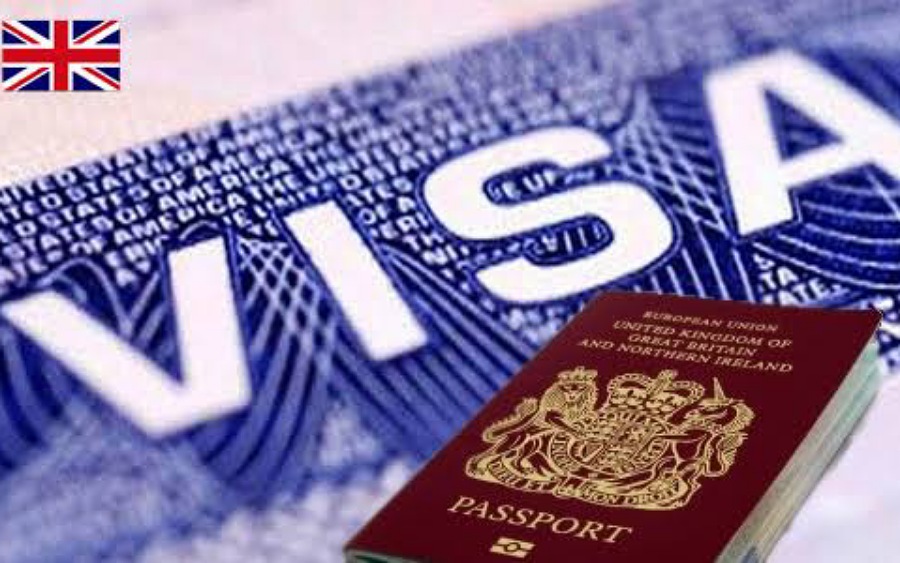Article Summary
- International students contributed £41.9 billion to the UK economy
- With the dependent visa policy it could result in a total decline of 200,000 international students in the UK by 2025.
- This could lead to a loss of £10 billion annually to the UK’s economy
According to a recent analysis published by Universities UK International, HEPI, and Kaplan International Pathways, international students contributed £41.9 billion to the UK economy in the academic year 2021/22.
According to projections, there will be a total decline of 200,000 international students in the UK by 2025. The Office for National Statistics indicated that Nigeria has been the third largest source market for international students coming to the UK, with the highest number of dependents associated with the student route visa.
The dependent numbers more than doubled in 2022, with India being the second largest source country.
Effect of the reforms
University leaders have therefore been warned about the potential implications of government revisions to dependent visas on the UK economy at the recent higher education festival in London.
According to Matteo Quacquarelli, director of strategy and analytics for QS, the UK is currently in a strong position in the increasingly competitive global market for recruiting international students, but stakeholders must not ignore the potential impact of visa changes.
QS conducted a proactive pulse poll of 5,000 potential international students in March 2023 to discover how they would react to any proposed changes to the laws governing student visas, such as the option to bring families with them.
According to the findings, one in four overseas students indicated they would be less inclined to choose the UK as a location for their studies, and one in five students who were interested in Russell Group universities said they would be discouraged from continuing with their original study plans.
What he said
According to Matteo Quacquarelli,
- “This is not only impacting the supply to the UK market, but we’ll be passing that out to other destinations,” said Quacquarelli.
- “Taking the recent HEPI analysis on the contribution of international students. We’ve formulated several different scenarios, with the worst case being [the changes] could cost the UK up to £10 billion.”
UK government’s education strategy
The UK government has reiterated its commitment to the international education strategy through the Departments for Business and Trade and Education, maintaining the target of attracting 600,000 international students to the UK each year, despite the announcement by the Home Office on banning dependents.
About the possibility for universities to diversify their student bodies, QS, which conducts the QS World University Rankings and the largest worldwide student survey, was also able to offer some other insightful data.
It was discovered that rankings of the “top 10” source countries for the UK, US, Australia, and Canada include 23 countries including Nigeria.
As a result, the UK receives only 26,000 enrolments from its top competitors’ fastest-growing source economies. Over 275,000 people enrolled in the United States, Canada, and Australia from the same markets.
Mexico, Canada, and Brazil were the US’s growth facilitator markets, while Canada has markets mainly from the Philippines, Mexico, and Iran, and Australia’s were Thailand, Nepal, Colombia, and Brazil.
With the new dependent visa ban, it is unlikely that Nigeria will remain a top source destination for the United Kingdom.






















Hi, Great article!
This was something I was looking for, really helpful, and great work done. Keep on sharing great content like this.